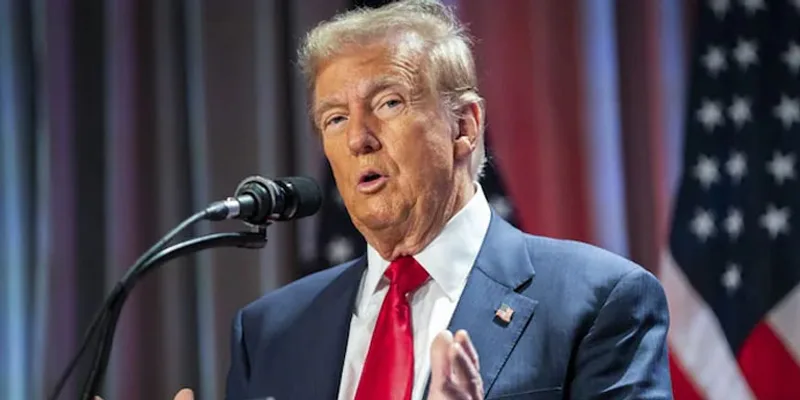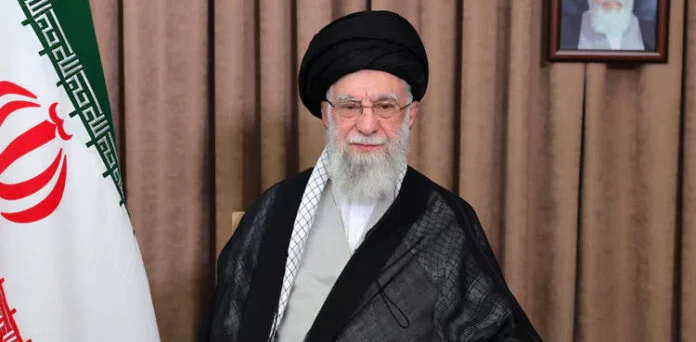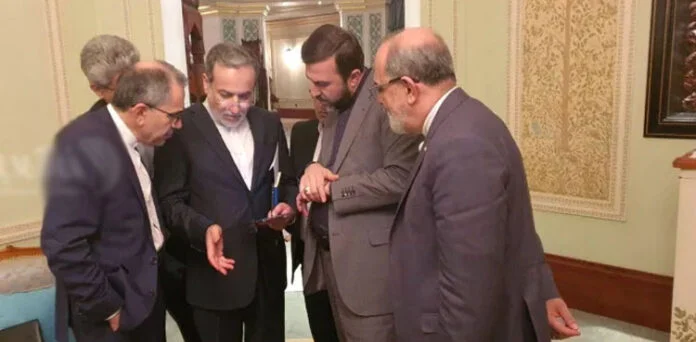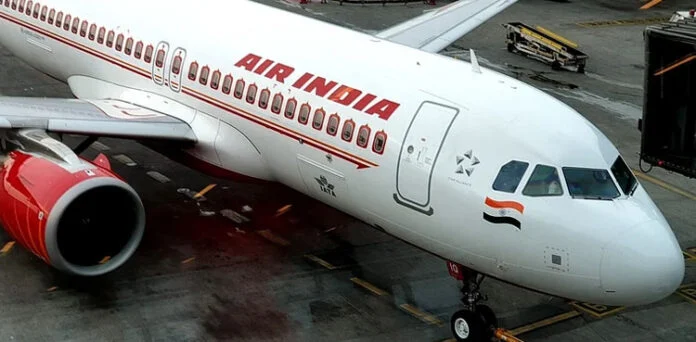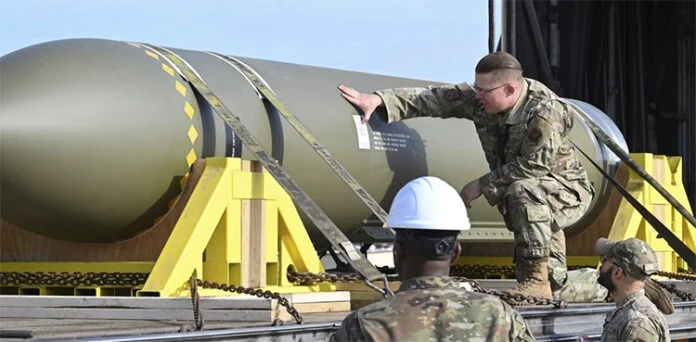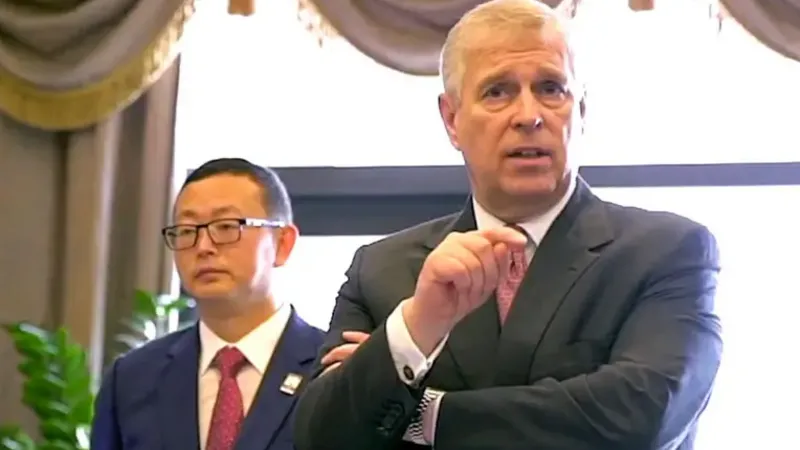
China’s United Front: The ‘Magic Weapon’ at the Center of Espionage Allegations
The United Front Work Department (UFWD), a tool described as a “magic weapon” by both Mao Zedong and current President Xi Jinping, is drawing increasing scrutiny in the West. This decades-old arm of the Chinese Communist Party (CCP) is now as concerning to some as Beijing’s expanding military power.
Yang Tengbo, a businessman with reported ties to Prince Andrew, is the latest overseas Chinese figure to face sanctions for alleged links to the UFWD.
The UFWD’s existence is well-documented, and its role within the CCP is far from secret—it even maintains a public website. However, the scope and influence of its activities, particularly abroad, remain murky.
Historically, the United Front referred to a broad communist alliance, a strategy that Mao credited with helping the CCP win the Chinese Civil War. After the establishment of the People’s Republic of China in 1949, the department’s activities diminished in priority. However, under Xi Jinping, the United Front has seen a significant resurgence.
Xi’s modern approach to the United Front aligns with its original purpose: to “build the broadest possible coalition with all social forces that are relevant,” according to Mareike Ohlberg, a senior fellow at the German Marshall Fund.
While much of the UFWD’s work is domestic, it also targets overseas Chinese communities, aiming to influence public opinion on contentious issues such as Taiwan, ethnic minority rights in Tibet and Xinjiang, and China’s global image. The UFWD works to shape foreign narratives, counter criticism of Beijing, and recruit influential overseas Chinese individuals.
Dr. Audrye Wong, assistant professor of politics at the University of Southern California, notes that United Front activities extend beyond espionage to broader influence operations. “Its efforts include mobilizing overseas Chinese communities and influencing foreign discussions about China,” she explains, adding that Beijing’s efforts are “unmatched in scale and scope.”
Countries including the United States and Australia have implicated the UFWD in espionage and foreign interference cases, allegations that Beijing has consistently denied as baseless.
As the West grows more cautious about Chinese influence abroad, the UFWD’s activities remain under close scrutiny, highlighting the ongoing tensions between Beijing and international governments.
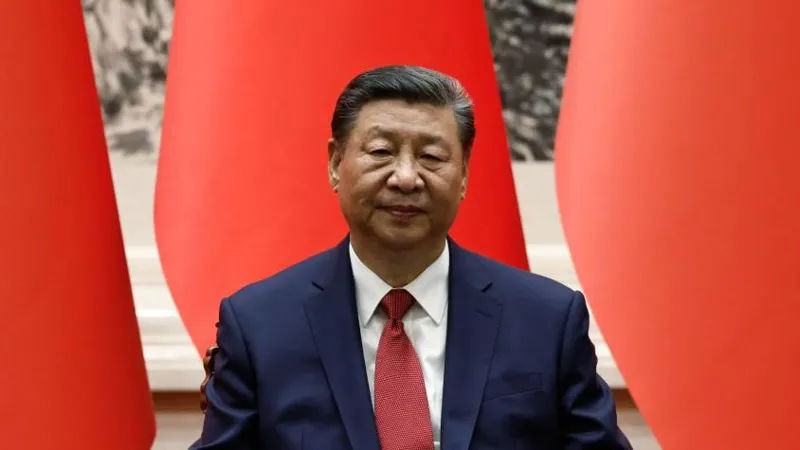
China’s United Front: Growing Influence Raises Global Concerns
China’s efforts to expand its global influence have accelerated in recent decades, coinciding with the nation’s rise as a major power. Under President Xi Jinping’s leadership since 2012, Beijing has taken a more assertive approach to shaping its international image. This includes encouraging a bold “wolf warrior” diplomatic stance and urging overseas Chinese communities to “tell China’s story well.”
Central to this strategy is the United Front Work Department (UFWD), a key Chinese Communist Party (CCP) organization. The UFWD frequently operates through Chinese community groups abroad, promoting the CCP’s narrative, opposing criticism, and supporting party policies on sensitive issues. These groups have censored anti-CCP artwork, staged protests against figures like the Dalai Lama, and allegedly intimidated members of ethnic minorities such as Uyghurs and Tibetans living abroad.
The UFWD’s activities often overlap with those of other Chinese agencies, creating an opaque network of operations that complicates accountability. This lack of clarity has fueled growing apprehension and skepticism in the international community.
A recent case involving businessman Yang Tengbo highlights these concerns. Yang faced sanctions and accusations of ties to the UFWD. When he challenged the decision, judges noted his efforts to minimize these connections as a reason for their ruling, describing him as a “risk to national security.”
Yang, however, has firmly denied the allegations, stating they are “entirely untrue” and insisting he has not broken any laws.
The ambiguity surrounding the UFWD’s activities and its role in advancing Beijing’s influence agenda continues to raise alarms globally, drawing attention to the department’s widespread reach and its impact on international relations.













